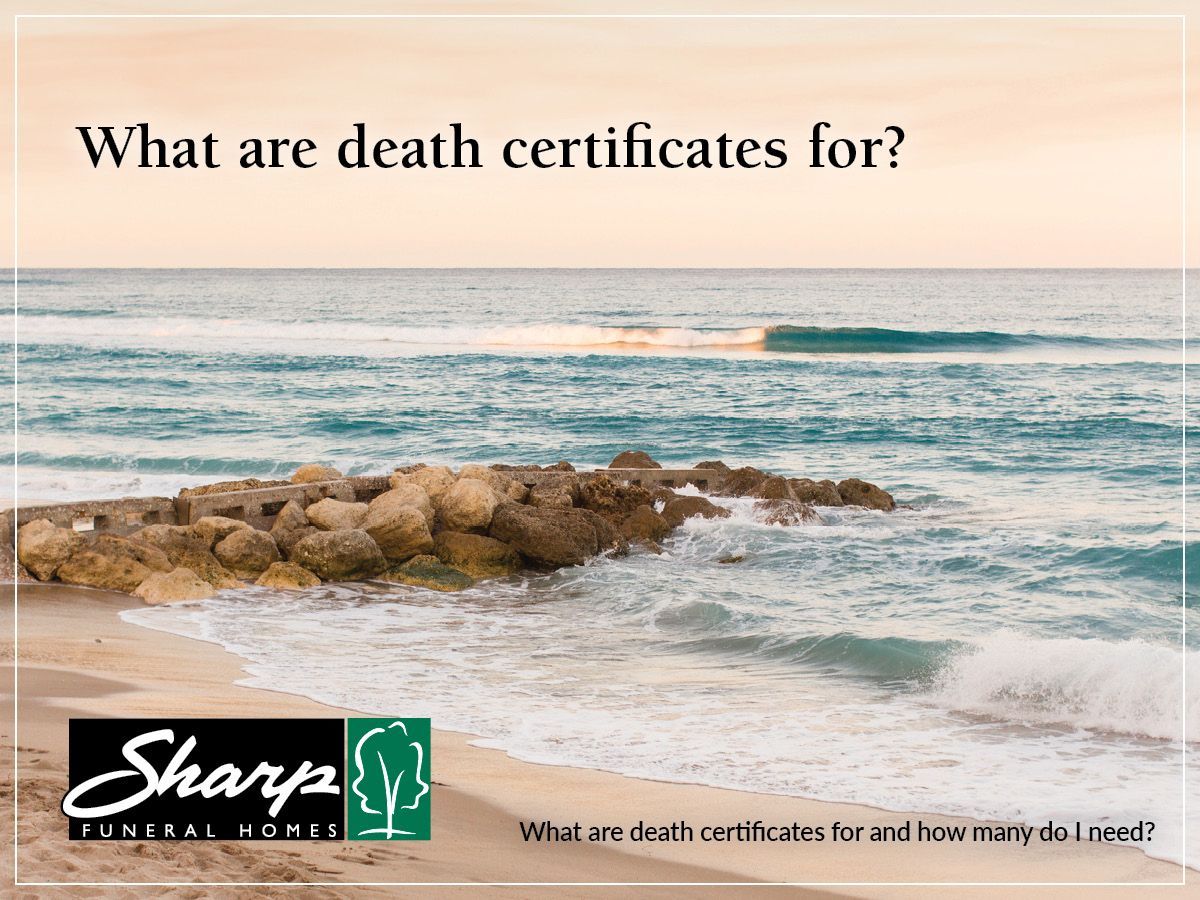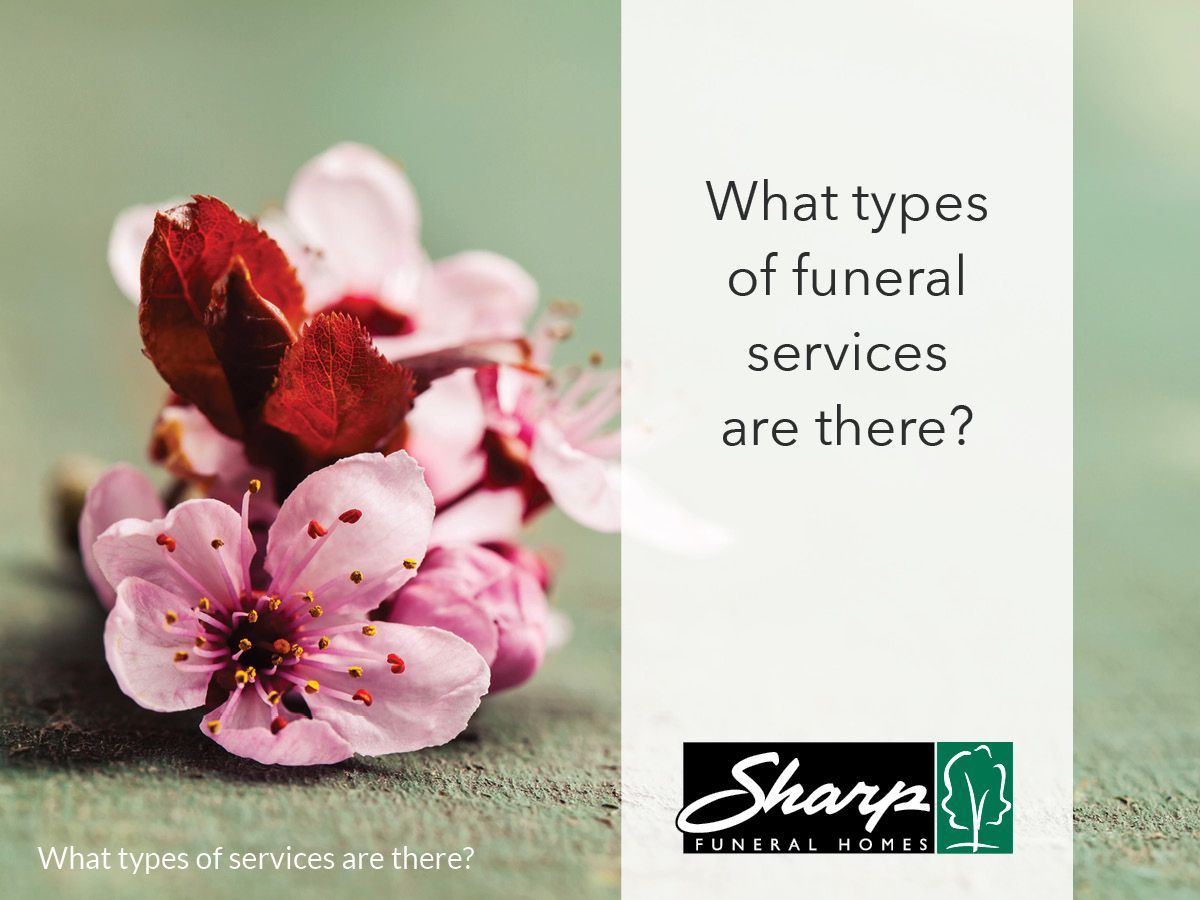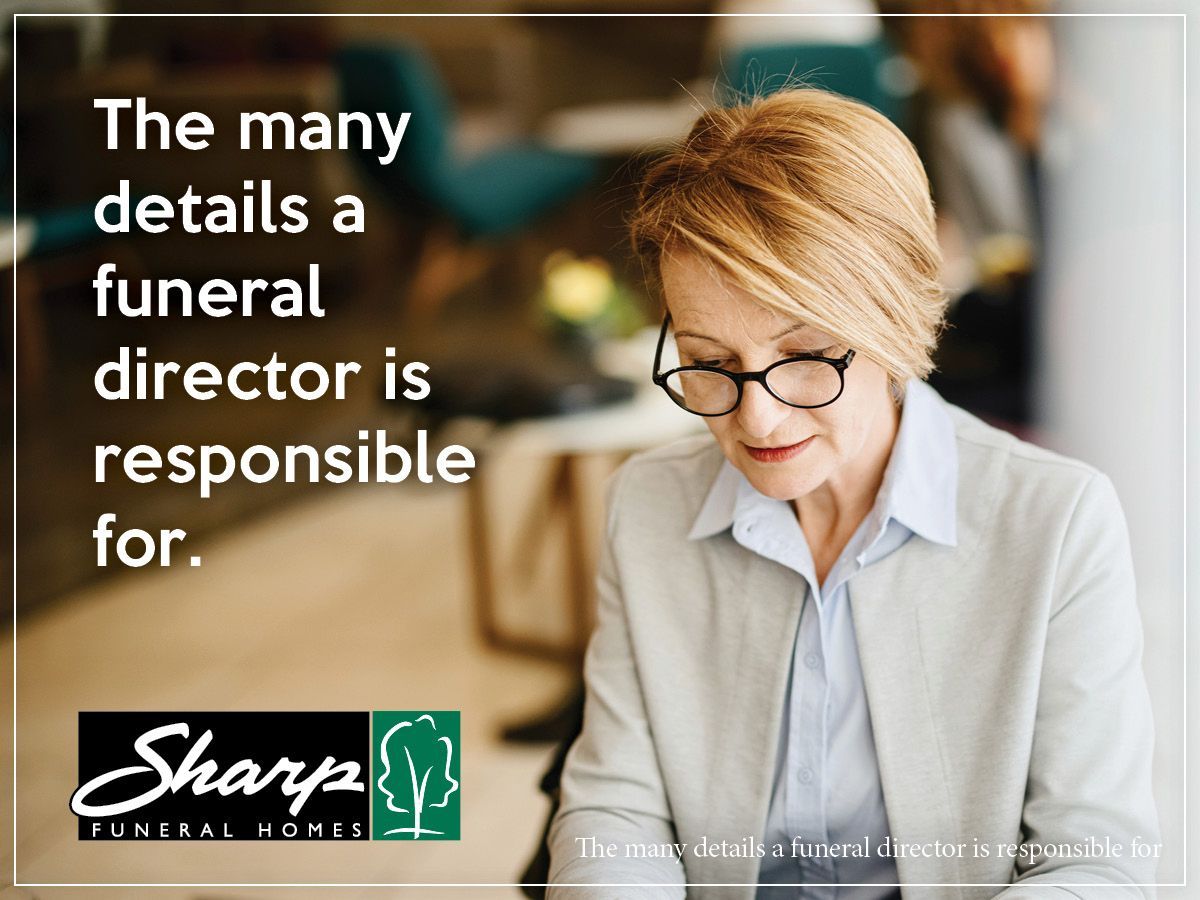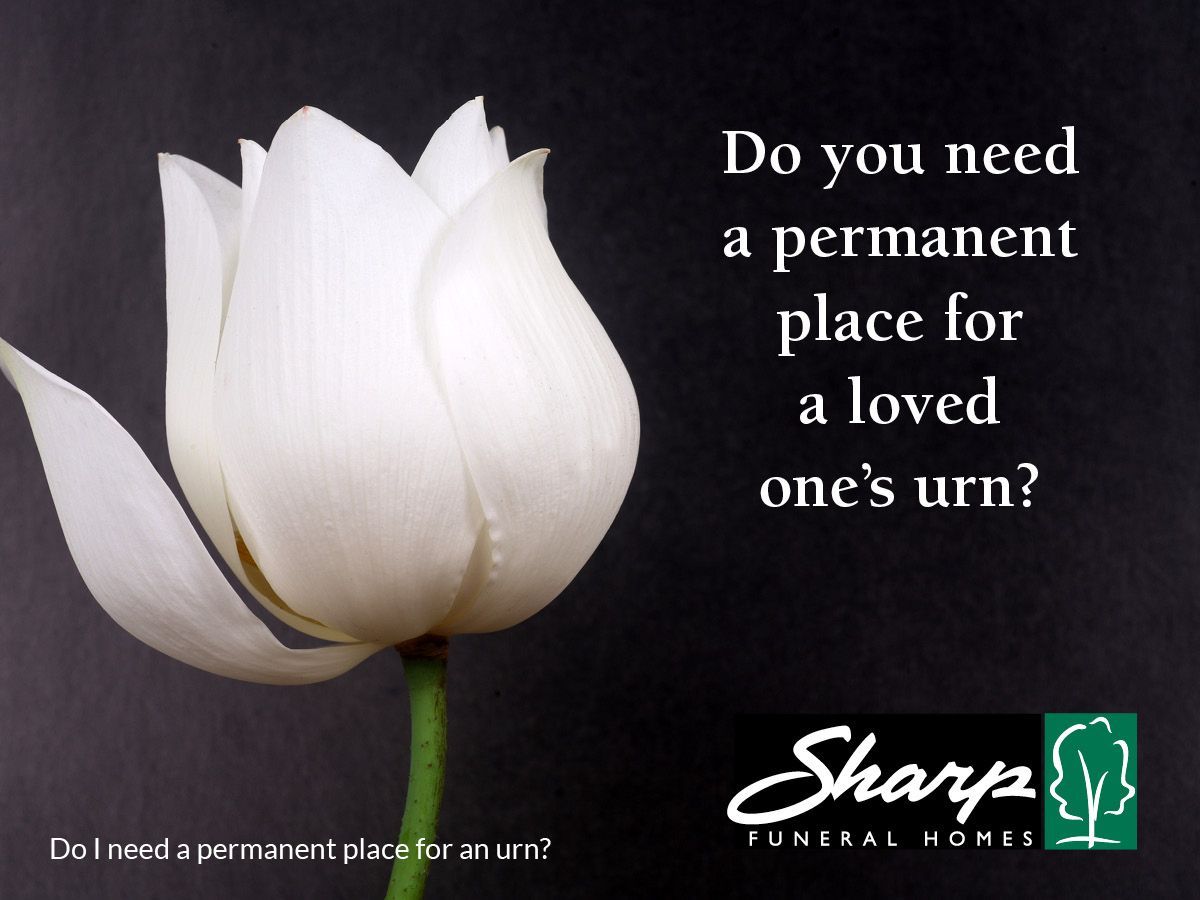Blog
Recent Posts

Families in Swartz Creek, MI, often ask how much cremation costs and what influences those costs. According to the National Funeral Directors Association (NFDA) 2024 General Price List Study, the national median cost of a funeral with cremation is $6,280. This often includes professional services, transportation, and t

Families in Swartz Creek, Michigan, often wonder what factors influence the cost of a funeral. According to the National Funeral Directors Association (NFDA), the median cost of a funeral with viewing and burial is around $8,300, while a funeral with cremation averages about $6,280. These national numbers, accurate as

Paperwork can be daunting even when you’re in a good mindset, but when you’re in a period of mourning following the death of a loved one, the last thing you want to be doing is filing forms. Unfortunately, when a loved one passes, there’s quite a lot of paperwork to do. But to start, you’ll need to obtain several death certificates. But what are death certificates for, and how many do you need?

There are many questions to consider when a loved one passes away, but one of the first steps in the funeral planning process is figuring out what types of services you’ll have. But before you can choose your ceremonies, you need to know what they are. Let’s take a look at your many options for celebrating and honoring your loved one.

When a loved one passes away, one of the first questions family and friends ask is when the service is. But if you’re in charge of taking care of your loved one after they pass, it’s up to you to decide if you have a service at all. Funerals are very personal events, and some people opt out of having one at all. So, do you have to have a funeral service? And if you don’t have to, should you anyway?

For the most part, when a loved one passes away, you’ll need a casket for their burial or at least for their funeral or viewing. But with so many options to choose from, how can you be sure you’re getting one that you need? Here are a few things to consider before deciding on a casket for a loved one.

When a loved one passes away, families work with funeral homes to provide care for the deceased and prepare for their services and final disposition. During this difficult time, it takes a caring, guiding hand to ensure everything is in order and celebrates the life of this unique individual. That’s where funeral directors come in.




